
Mikeitz: Nationalism or Universalism?
How do we explain the conflict between “light unto the nations” and our need to maintain a separate existence to safeguard our unique heritage?

Translated and abridged by Rabbi Chanan Morrison
Parshat Miketz
The strife among Jacob's sons centered on conflicting viewpoints regarding the sanctity of the Jewish people. Judah felt that we must act according to the current reality. Given the present situation, the Jewish people need to maintain a separate existence to safeguard their unique heritage. Joseph, on the other hand, believed that we should concentrate on the final goal. We need to take into account the hidden potential of the future era, when "nations will walk at your light" (Isaiah 60:3). Thus, even nowadays we are responsible for the spiritual elevation of all peoples.
So, which outlook was correct — Judah's pragmatic nationalism or Joseph's visionary universalism?
The Present versus the Future
The dispute of Judah and Joseph is in fact a reflection of a fundamental split in the world. The rift between the present reality and the future potential is rooted in the very foundations of the universe. On the second day of creation, God formed the rakia, separating the water below from the water above (Gen. 1:7; see Chagigah 15a). This separation signifies a rupture between the present (as represented by the 'lower waters' of this world) and the future (the 'elevated waters' of the heavens). The inability to reveal the hidden potential in the present is a  fundamental defect of our world. Unlike the other days of creation, the Torah does not describe the second day, when this breach occurred, as being 'good'.
fundamental defect of our world. Unlike the other days of creation, the Torah does not describe the second day, when this breach occurred, as being 'good'.
Joseph Needs a Hey
According to the Midrash (Sotah 36b), the angel Gabriel taught Joseph seventy languages. He also added the letter hey from God's name to Joseph's name, calling him Yehosef (Psalms 81:6). What is the significance of this extra letter?
The Sages wrote that God created this world with the letter hey, and the World to Come with the letter yud (Bereishit Rabbah 12:9). For Joseph, each nation is measured according to its future spiritual potential, in the manner in which it will fit in the final plan of "kiddush Hashem", sanctification of God and revelation of His rule in the world. The particular role of each nation relates to its unique language. Without the letter hey, however, Joseph could not properly grasp the language of each nation, i.e., their portion in the future world. The letter hey, used to form this world, allowed Joseph to understand the world as it exists now, and thus comprehend the languages of all peoples.
Joseph saw the sanctification of God in the world according to its hidden potential, with the help of a single letter. He used the hey, a letter open from the bottom, to connect to the present world. Judah, on the other hand, viewed the sanctification of God in the world as it is revealed now. "Joseph who sanctified God's name in private, merited one letter of God's name; Judah who sanctified God's name in public, merited that his entire name was called after God's name" (Sotah 36b).
Two Types of Tzaddikim
According to the Zohar, Benjamin complemented his brother Joseph: "Rachel gave birth to two tzaddikim, Joseph and Benjamin. Joseph was a 'tzaddik for above', and Benjamin his brother was a 'tzaddik for below'" (Vayetze 153b). What are these two types of saintly "tzaddikim"? The "tzaddik for above" continues the divine influence ("shefa") from above, while the "tzaddik for below" passes it on below. The role of Benjamin was to imbue our lowly world with holiness. His whole life, Benjamin was concerned that the Temple should be built in his inheritance. Why was that so vital to Benjamin? The Temple is "a house of prayer for all peoples", allowing all to share in its holiness. "Had the nations known how important the Temple was for them, they would have surrounded it with forts in order to guard over it" (Tanhuma Bamidbar 3).
When the brothers appeared before Joseph in Egypt without Benjamin, Joseph accused them of being spies. They had come without Benjamin, without the desire to influence and elevate the nations through the holy Temple. They were separated from the rest of the world, like the spies in the time of Moses who did not want the holiness of the Land of Israel to spread to the rest of the world.
The Monarchy and the Temple
The dialectic between Judah and Joseph finds expression in two institutions, the monarchy and the Temple. The monarchy, protecting the national sanctity of the Jewish people, was established in Judah's inheritance, in Hebron and Jerusalem. The Temple, elevating all humanity, was built on Benjamin's land. Yet, the Temple was partially located on a strip of land that extends from Judah's portion to Benjamin's portion. This strip represents the synthesis of Judah and Joseph, the integration of the national and universal outlooks.
"Miketz", the name of the Torah reading, means "at the end." The Midrash Tanhuma explains that God established an end for all things. Just as Joseph's imprisonment finished, so too this conflict will be resolved after a constructive period of development and change. The fundamental dissonance in the world will be corrected, and the rift between the present and the potential, between the lower and higher waters of creation, will be healed.
(adapted from Shemuot HaRe'iyah 10, Miketz 5690 (1929))
* * *
Rabbi Chanan Morrison of Mitzpeh Yericho runs http://ravkookTorah.org, a website dedicated to presenting the Torah commentary of Rabbi Avraham Yitzchak HaCohen Kook, first Chief Rabbi of Eretz Yisrael, to the English-speaking community. He is also the author of Gold from the Land of Israel (Urim Publications, 2006).



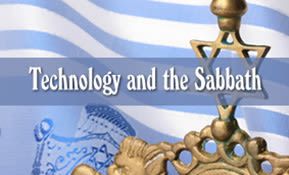
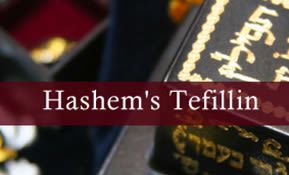
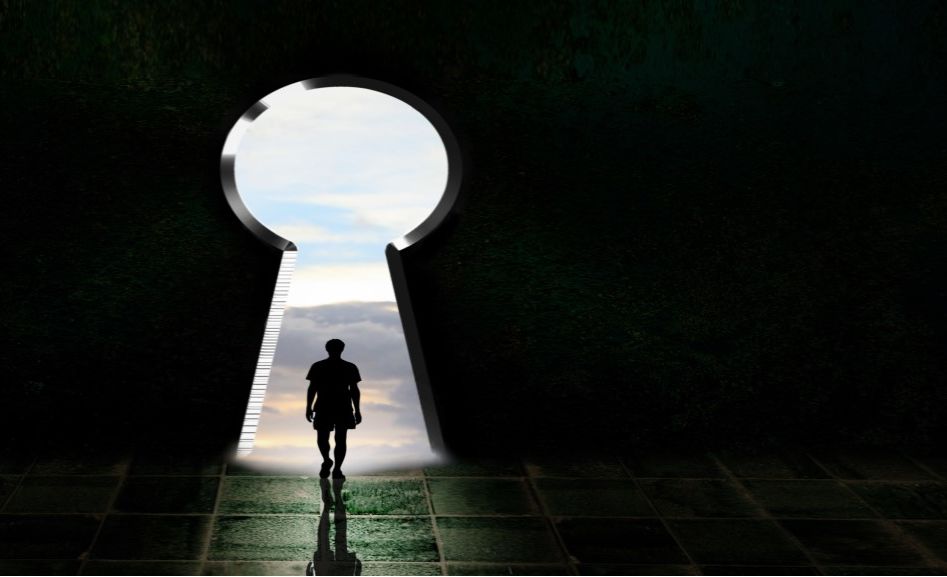

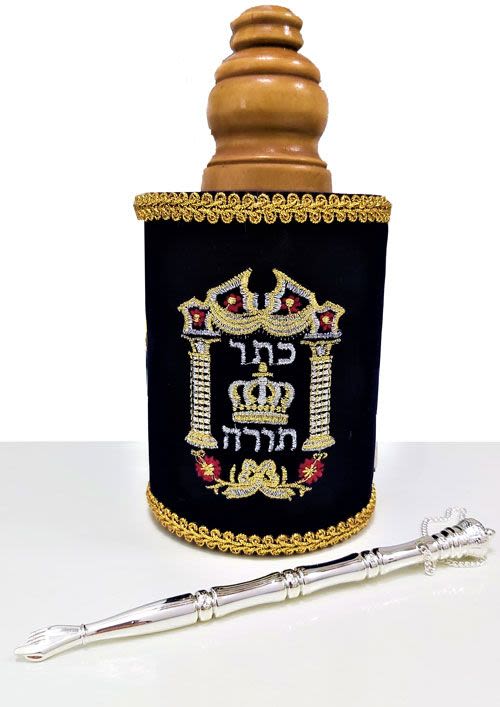
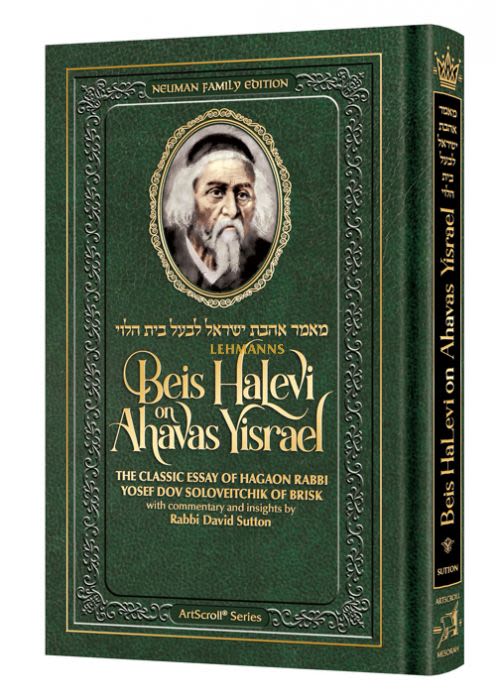

Tell us what you think!
Thank you for your comment!
It will be published after approval by the Editor.